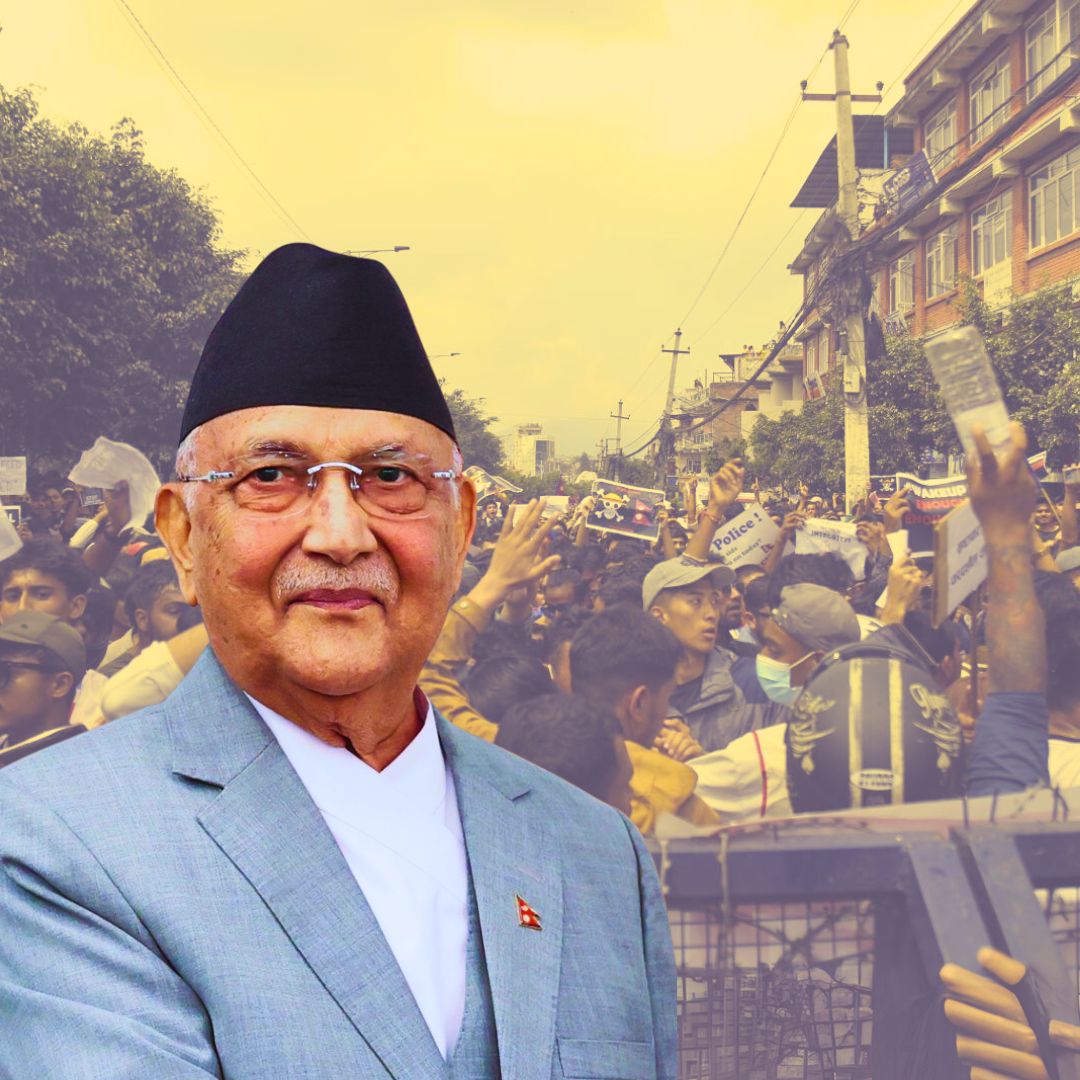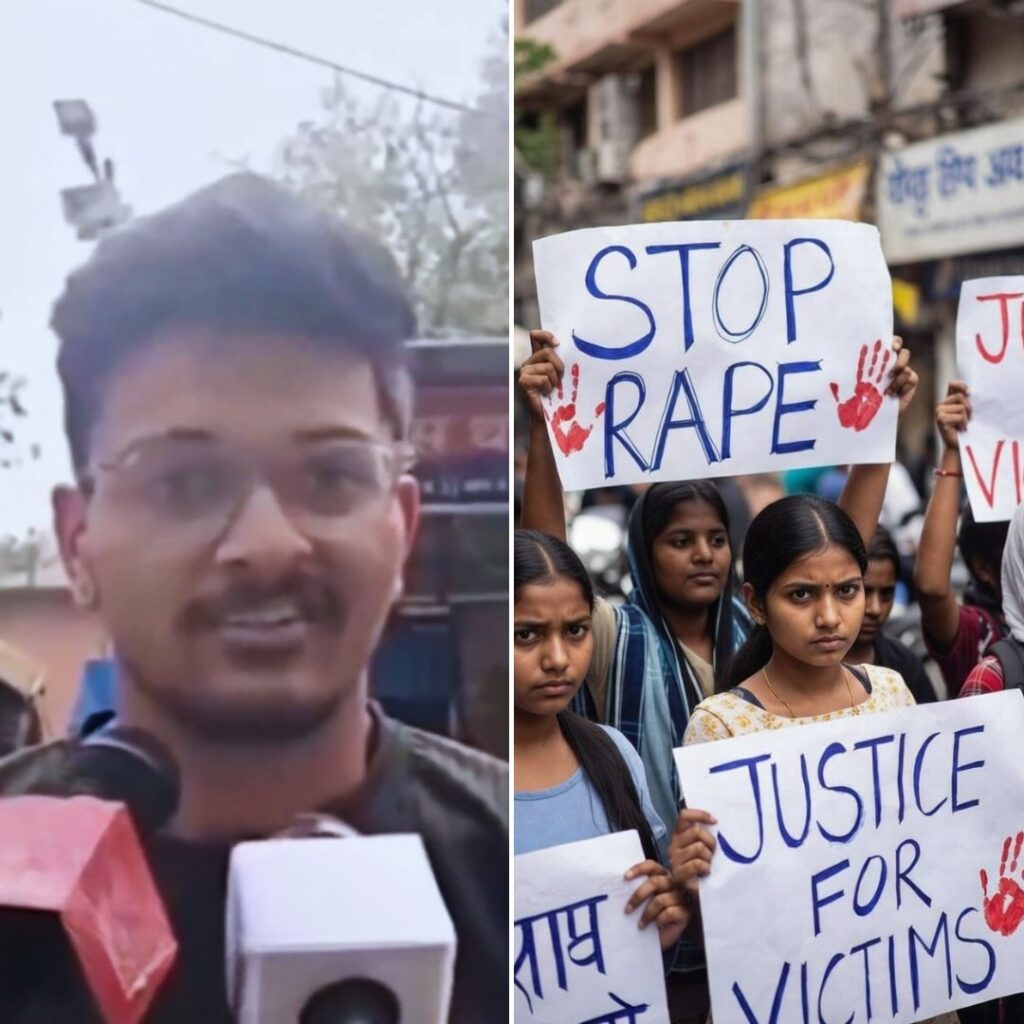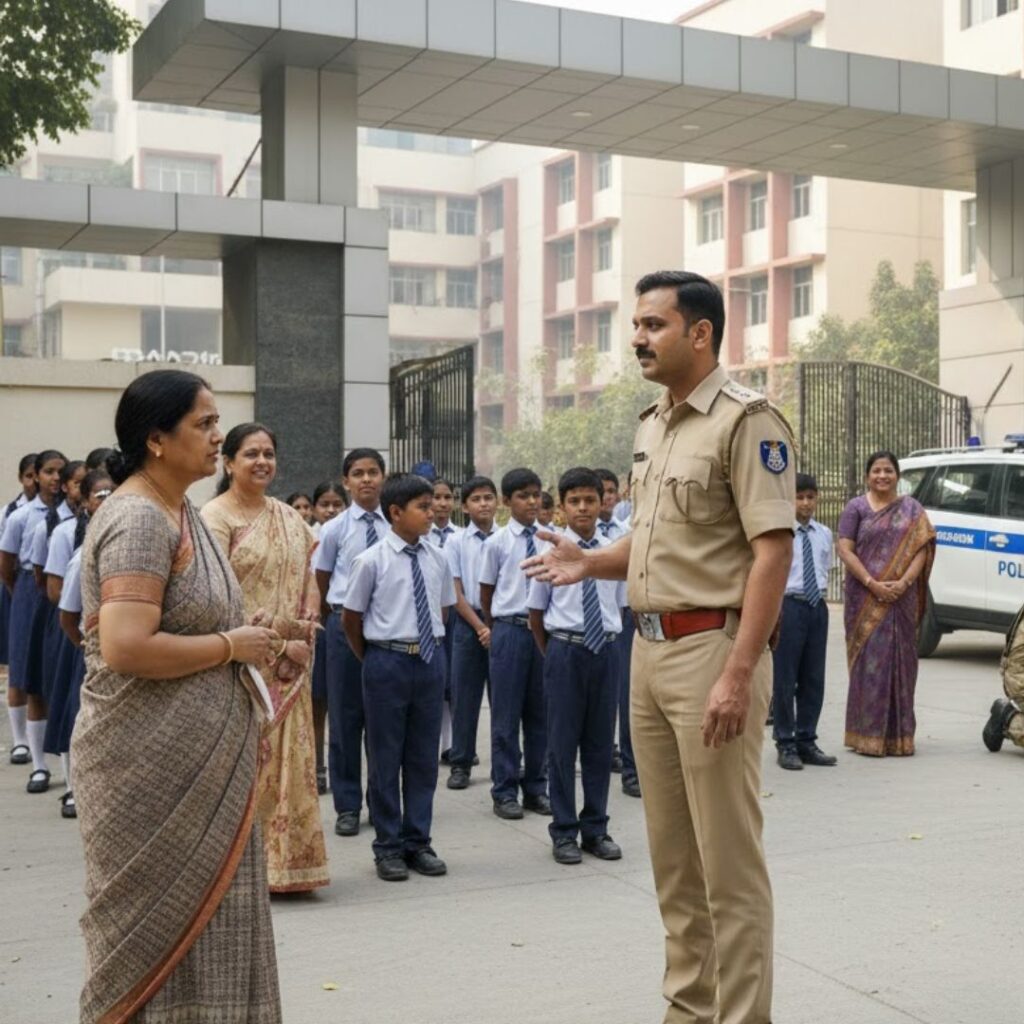Nepal’s Prime Minister KP Sharma Oli resigned on September 9, 2025, following violent nationwide Gen Z-led protests against his government’s corruption and social media ban. The unrest, which turned deadly with 19 protesters killed and over 400 injured, sparked multiple ministerial resignations and political turmoil.
Despite lifting the social media ban amid pressure, the Prime Minister faced fierce criticism from opposition parties and the public for his government’s harsh crackdown. Oli’s resignation came after growing calls for peace, investigations, and political reform.
Violent Clashes and Rising Political Pressure
The protests began as peaceful demonstrations by Nepal’s youth, protesting against the government’s ban on 26 social media platforms, which they saw as authoritarian censorship. The protests quickly escalated into violent confrontations, particularly in Kathmandu and other major cities, with demonstrators torching government buildings, including Oli’s residence and offices of prominent political leaders.
Security forces responded with tear gas and live ammunition, resulting in 19 deaths and hundreds more injured, making it Nepal’s deadliest protest crackdown in a single day. Following the tragedy, Home Minister Ramesh Lekhak resigned on moral grounds, along with Agriculture and Health ministers, who protested the government’s handling of the unrest.
Opposition parties and civil society condemned the excessive use of force, calling for Oli’s immediate resignation and the setup of an independent probe into the killings.
Background and Political Context
The root of the crisis lies in the government’s sudden ban on popular social media platforms, including Facebook and X, due to their refusal to register with Nepal’s Ministry of Communication and Information Technology. This move sparked outrage, especially among the tech-savvy Gen Z population, who used these platforms to organise protests and expose corruption allegations against top political leaders.
Prime Minister Oli characterised the protests as mostly peaceful but claimed they were “infiltrated” by vested interests who incited violence. The situation worsened with widespread curfews imposed across Kathmandu, Lalitpur, and other districts to contain escalating unrest. Political factions including the Nepali Congress and CPN (Maoist Centre) demanded Oli’s resignation, citing his government’s inability to address growing demands for transparency and reform.
The Logical Indian’s Perspective
This unfolding crisis in Nepal highlights the fundamental importance of governments respecting democratic freedoms, including open access to digital platforms where citizens-especially youth-can voice their concerns safely. Restrictive measures like social media bans can escalate tensions rather than resolve them.
The brutal crackdown that led to loss of young lives is deeply tragic and unacceptable. True leadership demands empathy, accountability, and dialogue rooted in democratic values to foster social harmony and progress. Constructive engagement with the younger generation’s aspirations is essential for lasting peace and reform.












